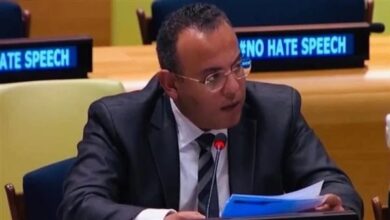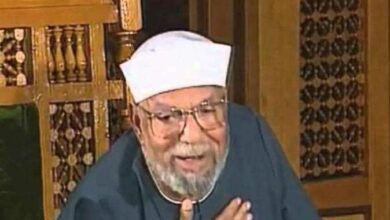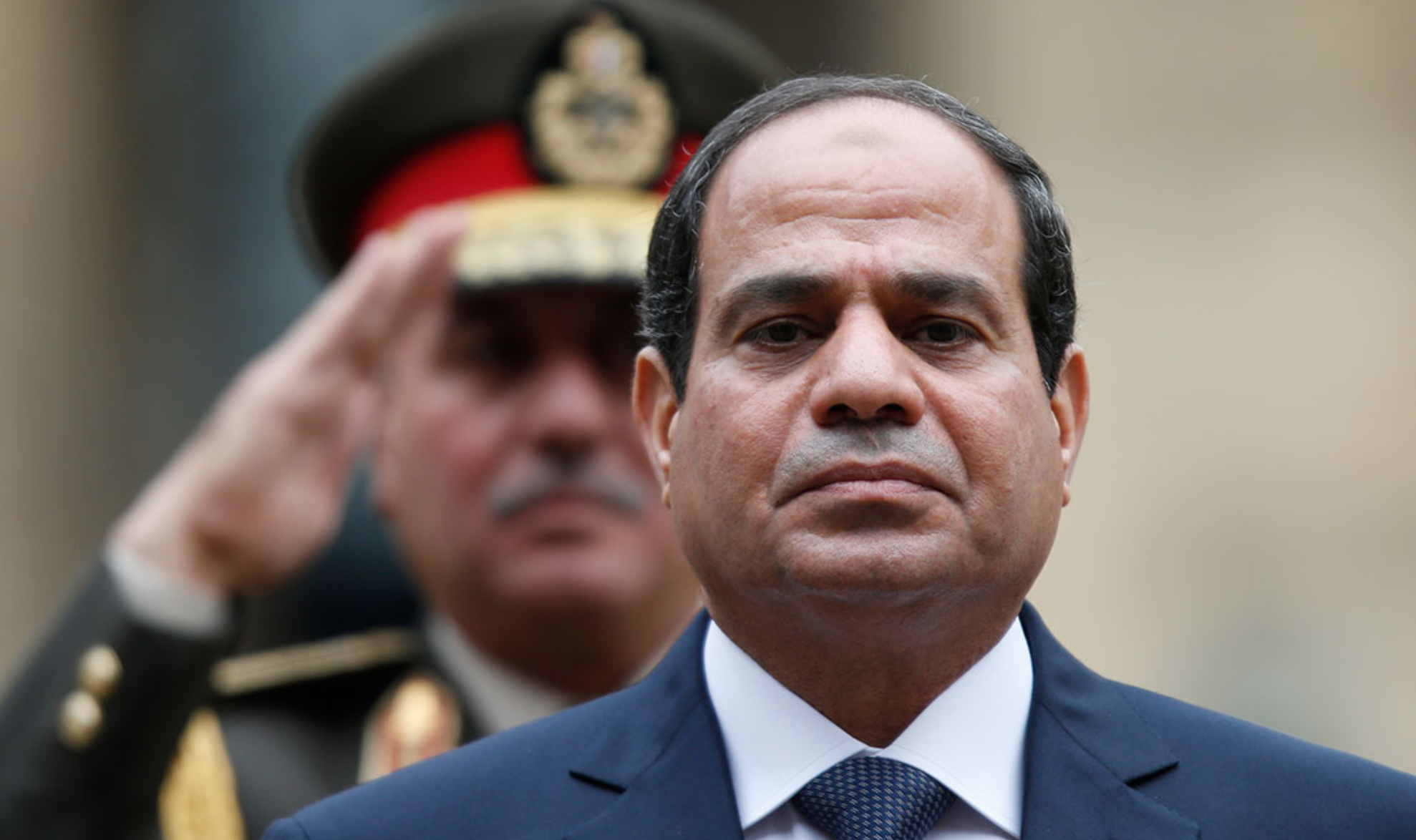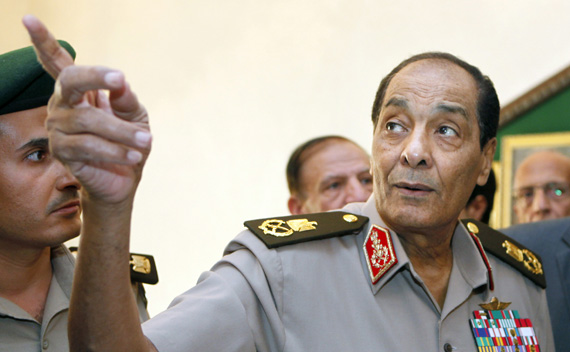Activists, political pundits, and those with a general interest in politics differ as to how Egypt will look in 2010. Opinions can be divided into two broad camps: one so pessimistic that it believes there is no hope for change and that the future is becoming worse and worse; the other more optimistic with the belief that improvements will happen.
Abdel Rahman el-Gohary, coordinator of the Kefaya movement and secretary for the Karama party (currently being established) in Alexandria, falls in the optimists’ camp. He believes that the Egyptian street, on both political and social levels, is undergoing a state of mobilization that is refreshing hope for constitutional change. He cites the cases of ElBaradei and Amr Moussa, who stepped beyond the regime’s line, as evidence for such change.
El-Gohary rules out the possibility of a regime response to reform efforts unless proposals for reform are accompanied by popular support. This, he believes, requires educating people about the importance of reform. He added that the regime was perplexed by people’s reaction to the idea of inheritance of presidential political power.
El-Gohary says that he pins his hopes neither on the current parliament nor on the upcoming one, but rather expects Egyptian intellectuals to make efforts in popular and international arenas toward constitutional change which will bring about reform in all fields. El-Gohary does not however expect any reform to take place under the current regime.
Amr el-Sabakhy, a university professor of engineering and head of the Association of Human Rights Supporters, belongs to the pessimists’ camp. He predicts that there will not be any kind of reform, either in 2010 or later. El-Sabakhy believes that there is not one single sign of hope, as the situation is becoming more complex, with corruption going deeper, the gap between social classes widening, and the regime turning a deaf ear to pleas for reform. He accused political parties of compliance with the regime, arguing that they are happy merely to issue statements while taking no action.
El-Sabakhy did not rule out the possibility of Gamal Mubarak succeeding his father as president, in light of people’s passivity and a lack of leadership and political platforms. He argued that the current parliament contributes to the corruption since it passes laws that burden the common man, such as the recent property tax law.
Mohamed Abdel Naby el-Banna, head of the Syndicates Coordination Committee, says that the focus is on minor details rather than on basic issues, with too much talk about political succession, to the neglect of other key concerns. "If we had pressured the regime throughout on the past issue, we could have managed to change the Constitution, opening the way to all candidates, including Moussa and ElBaradei. The restraints imposed by Article 76 must be eliminated as the article grants the right to nomination exclusively to Gamal Mubarak". El-Banna wondered how parties can participate in the reform process while they are weakened by restrictions imposed by the NDP. He also commented that people cannot mobilize due to the emergency law, and another terror law which is on the horizon.
Mohamed el-Soul, chair of the board for the Muslim Youth association in Beheira, said: "I feel sad for the future of Egypt as it is moving forward in a contaminated atmosphere; water is contaminated and so are thoughts; the decent elite able to lead reform are leaving the field open to frauds and the only hope is for youth to rally behind good leaders who can endure the pressure experienced on the way to change". El-Soul hopes that inheritance of the presidency by the younger Mubarak will not occur, as the country is already undergoing a state of severe tension and deserves to be governed by the best of its people. He believes that among Egyptian youth are individuals capable of helping the country on its way to progress, if given the chance.
Rezq el-Mulla, secretary of the Democratic Front party in Beheira, said that the future will see a democratic détente arising from popular pressure, because people have started to speak out and do not wish to remain silent anymore. He was of the opinion that the emergence of some personalities such as ElBaradei and Moussa has given people some hope for change, after becoming bored with the talk about presidential succession, which the opposition parties have consumed all their efforts since 2001 to stand against. El-Mulla predicted that the government will provide some concessions toward democracy to enhance its image in the coming period.
Gamal Mounib, secretary of the Nasserist party, on the other hand expects a dimmer future under the current regime, arguing that conditions will not improve without popular action. "The state has managed to subdue the opposition by granting it seats on local councils and promising it more seats on legislative councils, which has confused their role between acting as an opposition and benefiting from the privileges offered by the regime," he says.
Hasan Abdel Gawad, member of the Wafd party’s higher committee in Minya, expected that the opposition will aquire broader representation within parliament in the future as a starting point for its engagement in the presidential question concerning Article 76 of the Constitution. He also predicted that President Mubarak will nominate himself for the post. Abdel Gawad also forecasted a great economic crisis in Egypt which will affect basic commodities.
Nasr el-Zahra, secretary of the Wafd party and a member of Port Said local council, believes that the coming two years will be decisive for Egypt’s history since they will witness presidential and parliamentary elections. El-Zahra believes that, due to current legal and constitutional conditions, the country will remain confused and undetermined. He completely ruled out succession of the presidency from father to son.
Naglaa Daoud, chairman of Port Said’s Businesswomen’s Association, maintains a positive view of the future, believing that things are better now than they were twenty years ago: "During Nasser’s reign, people could not dare to speak. In Sadat’s era, they spoke and never came back home; but under Mubarak’s rule, everybody speaks out and goes home safely, because we are living in democracy." Daoud expects that the upcoming elections will be transparent because they will involve competition between partisan candidates, and she predicted that President Mubarak will be the NDP’s nominee for the next elections.
El-Sayyid Zurd, head of Musawa human rights center, said that there is no hope at all for change in the coming period. He argued that the fragility of the ruling regime has been exposed and cannot be concealed any longer, and predicted that Mubarak will remain in power, which gives no hope for political reform.
Translated from the Arabic Edition.




